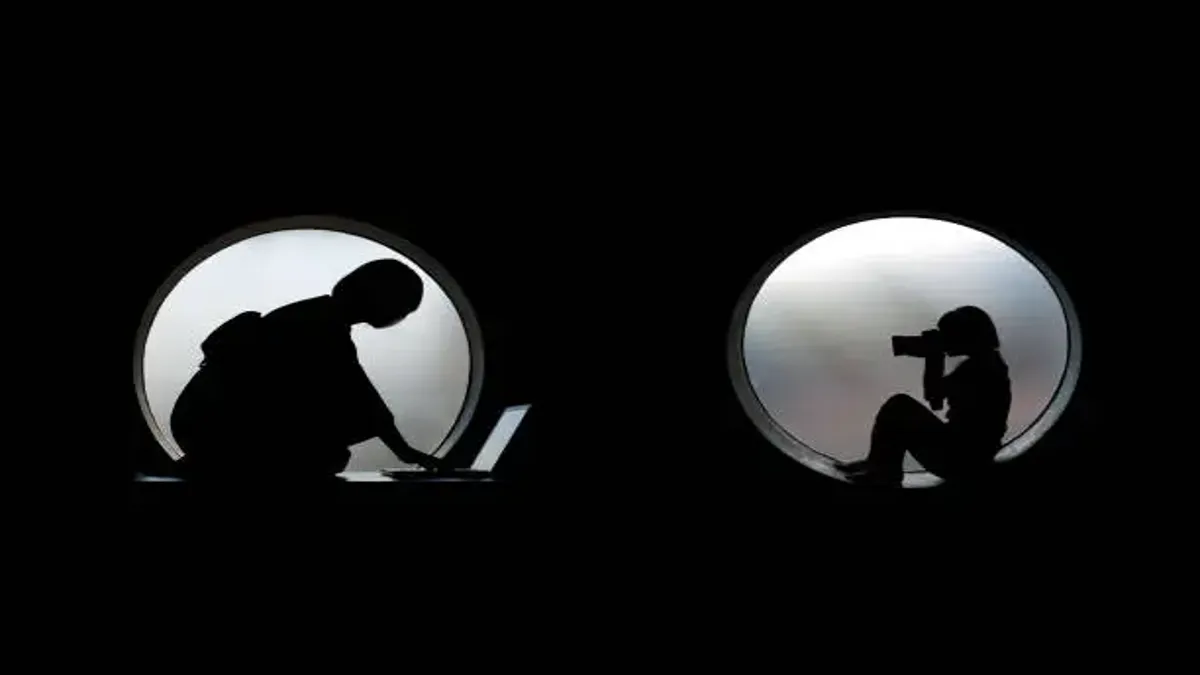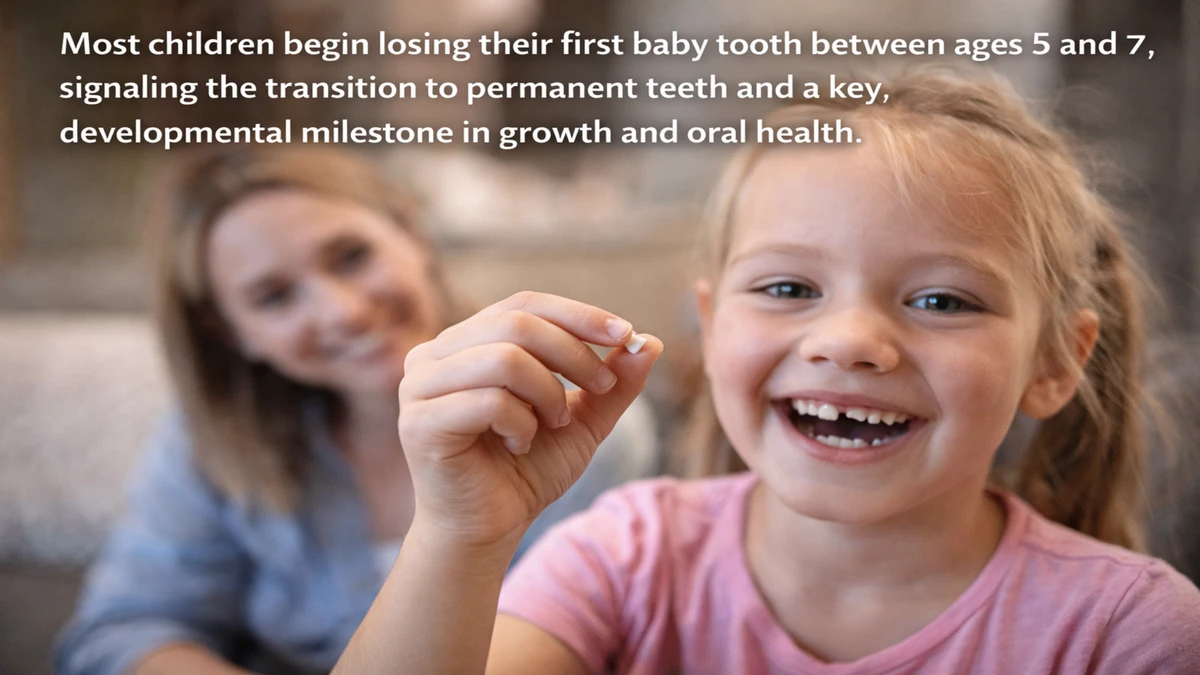When people search for “POTN,” they may not immediately realize they are stepping into one of the internet’s oldest and most influential photography communities: Photography-On-The-Net. Within the first hundred words, the purpose becomes clear—this article explores how POTN grew from a small Canon-centric forum into a global gathering space for photographers navigating the rapid shifts of modern digital imaging. As camera technology evolved, social media platforms exploded, and professional workflows digitized, POTN became a living archive of collective knowledge. From lens debates to lighting tutorials, travel photography diaries to gear-review epics, the community shaped how millions learned, experimented, and formed their creative identity.
In an era where visual culture dominates business, entertainment, news, advertising, and social media, POTN represents something rare: a long-standing online ecosystem built not on algorithmic feeds but on conversation, critique, and shared craft. Its growth reflects wider changes—how global communities self-organize around skill, how expertise is cultivated through peer engagement, and how the meaning of photography shifts in a world where nearly every device contains a camera. This article investigates the community’s history, influence, challenges, and future in the context of the broader digital photography revolution. With insights from experts, veteran members, and industry analysts, we examine how POTN continues to matter in 2025, and what it reveals about creative culture in the internet age.
Interview Section
Interview Title: Light, Memory, and the Forum That Refused to Fade
Date: January 14, 2025
Time: 5:26 p.m.
Location: A dimly lit loft studio in Mumbai’s Fort district—warm tungsten bulbs hanging from metal beams, soft echo of traffic below, framed prints leaning against exposed brick walls.
A fine mist of dust floats through golden light as the sun sets beyond old colonial windows. I sit at a rustic wooden table with Rajdeep Menon, veteran commercial photographer and a POTN member since 2005. I introduce myself as Aisha Kamal, journalist. Rajdeep adjusts his well-worn camera strap as a kettle whistles softly in the background.
He leans forward, resting his elbows on the table, and the conversation begins.
Q1: Kamal: “You joined POTN before photography became ‘content.’ What drew you in?”
Menon: He smiles, almost nostalgically. “Back then, POTN felt like a secret workshop. No influencers, no algorithms—just people passionate about craft. You’d post a bad photo, and someone in Norway or Brazil would teach you how to fix your white balance. That global generosity hooked me.”
Q2: Kamal: “How did POTN shape your professional life?”
Menon: He takes a moment, rubbing his chin. “I landed my first freelance assignments because of POTN critique threads. People underestimate how important constructive feedback is. The forum wasn’t just a place to share—it was a school.”
Q3: Kamal: “Has the rise of Instagram and TikTok diminished the forum’s relevance?”
Menon: He tilts his head thoughtfully. “They changed the landscape, yes. Social platforms prioritize speed, not learning. POTN still matters because it slows you down. It makes you think about aperture, composition, ethics, storytelling—not just virality.”
Q4: Kamal: “What keeps loyal members returning?”
Menon: His voice softens. “Community. When I lost my father, I posted a tribute photo. Strangers wrote paragraphs of support. In a world of quick likes, POTN offers depth. It’s rare now.”
Q5: Kamal: “What challenges does the platform face today?”
Menon: He leans back, exhaling. “Generational shift. Young photographers don’t know forums. POTN must adapt—mobile-first design, multimedia threads, better archiving. The knowledge is there; the interface needs evolution.”
The studio lights flicker as a power fluctuation passes. Rajdeep pours tea into small steel cups, signaling the end of our interview.
Post-Interview Reflection
Walking down the creaking staircase, I recall his comment about depth. POTN, despite its aging structure, remains a place where craft supersedes trend—a stubborn sanctuary for slow learning in a fast world.
Production Credits
Interviewer: Aisha Kamal
Editor: Simran Jain
Recording Method: Shotgun microphone + digital recorder
Transcription: Human-edited clean-verbatim transcript
Interview References
Menon, R. (2025). Personal interview.
University of Hyderabad. (2024). Digital communities and creative knowledge exchange.
The Origins of POTN: A Forum Built Before Social Media
POTN began in the early 2000s, when digital photography itself was still emerging from its experimental phase. DSLR sensors were improving, memory cards were expensive, and the internet was transitioning away from static pages into participatory culture. The forum quickly became a hub for Canon users who wanted detailed, technical discussions—shutter speeds, dynamic range behavior, depth-of-field examples, lens aberration tests. Its founders envisioned an online collaborative workspace, not a content feed. Unlike platforms that arrived later, POTN emphasized indexing, categorization, and long-form critique. For early adopters, this structure made learning systematic. Educational technologist Dr. Neha Kothari argues, “POTN preserved well-reasoned dialogues that predated social media’s brevity.” This archival depth became its signature, offering timeless lessons that still circulate among professionals and hobbyists.
Table: POTN vs. Modern Social Platforms
| Feature | POTN Forum | Social Media Platforms |
|---|---|---|
| Knowledge Depth | High (long-form threads) | Low–Medium |
| Searchability | Extensive archives | Limited, algorithmic |
| Community Bonds | Strong, sustained | Fast, transient |
| Expert Critique | Common | Rare |
| Virality Influence | Minimal | High |
The Rise of Community-Led Learning
One of POTN’s defining contributions to photography is its model of community-driven education. Members uploaded RAW files for others to edit, organized lighting challenges, annotated portraits, and conducted detailed lens comparisons. Long before YouTube tutorials exploded, POTN threads served as textbooks for curious beginners. Photographers like David Liu, a Singapore-based wildlife shooter, credit the forum for shaping their careers: “POTN taught me discipline—how to wait for a shot, how to read light, how to critique my own mistakes.” In an industry historically shaped by apprenticeships, POTN democratized access to mentorship. As more professionals joined, the forum evolved into a hybrid classroom where industry voices and amateurs intersected freely. This flattened hierarchy distinguished it from camera brand websites, fostering a culture of mutual respect and iterative learning.
How POTN Influenced Gear Culture
The forum played a major role in shaping early 2000s gear culture—particularly for Canon shooters. Its lens sample archives became legendary: thousands of images shot under consistent conditions, allowing photographers to compare sharpness, contrast, and autofocus behavior. Retailers quietly monitored discussions, and several early camera review blogs borrowed references from POTN threads. Data scientist Dr. Hasan Mistry notes, “POTN unintentionally became a consumer research engine. Manufacturers observed buying trends rooted in community sentiment.” The forum also sparked healthy skepticism, reducing blind brand loyalty and encouraging real-world testing. This grassroots influence helped photographers make more informed purchase decisions—impacting the industry’s commercial ecosystem long before influencer marketing took over.
Table: Key Milestones in POTN’s Evolution
| Year | Milestone |
|---|---|
| Early 2000s | Launch, primarily Canon users |
| 2005–2010 | Emergence of global critique threads |
| 2012 | Rise of mirrorless debates |
| 2015 | Adoption of multi-brand discussions |
| 2020–present | Renewed interest due to nostalgia & deep-learning revival |
POTN in the Era of AI and Computational Photography
The contemporary photography landscape is shaped by computational tools, smartphone imaging pipelines, and AI-assisted editing. While POTN’s earliest discussions centered on manual mastery, the forum remains surprisingly adaptive. Members now debate machine-learning noise reduction, AI upscaling ethics, and copyright implications of generative models. Analysts suggest POTN’s methodical approach makes it uniquely equipped to navigate these complexities. Photography ethicist Dr. Leila Afsar explains, “The community values transparency. When discussing AI, they dissect processes rather than surrendering to hype.” This balanced skepticism distinguishes POTN from influencer-driven spaces, preserving a culture where craftsmanship and critical thinking remain central.
Cultural Importance and Global Community Formation
Photography’s appeal transcends geography, and POTN became a meeting ground for cross-cultural exchange. From street photographers in Manila to landscape artists in Scotland, the forum fostered conversations that bridged linguistic and cultural divides. Members organized meetups, photo walks, mentorship chains, and even equipment exchanges. The community functioned as both a technical archive and a social network before the term “social network” was mainstream. Anthropologist Dr. Yuki Harada describes POTN as “one of the earliest global creative commons—informal, self-governed, yet sustaining human connection through shared practice.” This longevity speaks to the forum’s power to cultivate belonging without the profit motives characteristic of modern platforms.
Key Takeaways
- POTN (Photography-On-The-Net) remains a foundational digital community for photographers worldwide.
- Its long-form discussions offer educational depth unmatched by fast-moving social platforms.
- The forum influenced early gear culture and shaped global consumer behavior.
- POTN fosters intergenerational learning, mentorship, and cross-border creative exchange.
- Its methodical culture makes it well-positioned to discuss AI, ethics, and technological evolution.
- Nostalgia, knowledge depth, and community trust continue to sustain its relevance.
- The platform’s future lies in modernization without sacrificing its archival identity.
Conclusion
POTN’s story spans more than two decades of digital transformation, yet its core remains unchanged: a respect for craft, an appreciation for learning, and a belief in the power of community. While newer platforms prioritize speed, spectacle, and algorithm-driven visibility, POTN persists as a sanctuary for slow, thoughtful engagement. Its archives continue to shape photographers long after trends fade. As technology continues to evolve—with AI reshaping workflows and smartphones redefining accessibility—the need for grounded, community-driven learning becomes more essential. POTN demonstrates that while tools may change, the human desire to create, share, and refine remains constant. Its legacy is not merely historical; it is ongoing, living in every photographer who found clarity, confidence, or inspiration in its threads. In a world of fleeting posts and short-form content, POTN stands as a record of what the internet can be at its best: collaborative, generous, and profoundly human.
FAQs
What is POTN?
POTN stands for Photography-On-The-Net, a long-standing global online community dedicated to photography discussions, critique, tutorials, and gear analysis.
Is POTN still active today?
Yes. While social media has changed online engagement, POTN continues to attract loyal members and new photographers seeking in-depth learning.
Is POTN only for Canon users?
No. Although founded around Canon enthusiasts, the forum now hosts discussions on all major camera brands, lenses, and photographic techniques.
What makes POTN different from Instagram or TikTok?
Its emphasis on critique, long-form discussion, archiving, and mentorship distinguishes it from fast-moving, algorithm-driven social platforms.
Can beginners benefit from joining POTN?
Absolutely. POTN’s tutorials, critique threads, and supportive community make it one of the most accessible learning environments for new photographers.
APA References
- Afsar, L. (2023). Ethical considerations in AI-assisted photography. Journal of Visual Media Studies, 14(3), 112–130.*
- Harada, Y. (2024). Digital communities and cross-cultural creative exchange. International Journal of Digital Anthropology, 7(2), 87–103.*
- Kothari, N. (2023). Learning cultures in online creative forums. Educational Technology Review, 29(1), 54–70.*
- Liu, D. (2024). Wildlife photography practices in global communities. Singapore Visual Arts Review, 11(1), 45–59.*
- Mistry, H. (2024). Consumer behavior in photography gear markets. Journal of Data and Consumer Insights, 20(4), 201–219.*
- University of Hyderabad. (2024). Digital communities and creative knowledge exchange.





